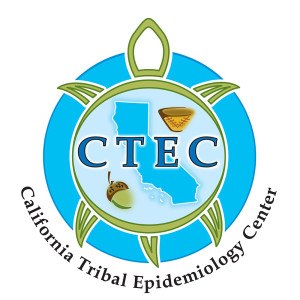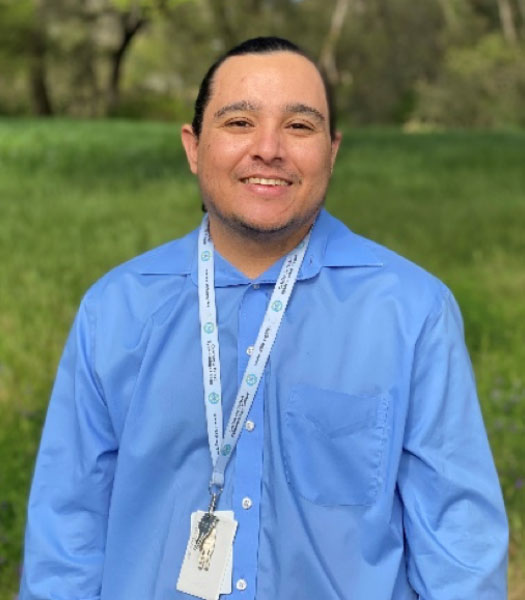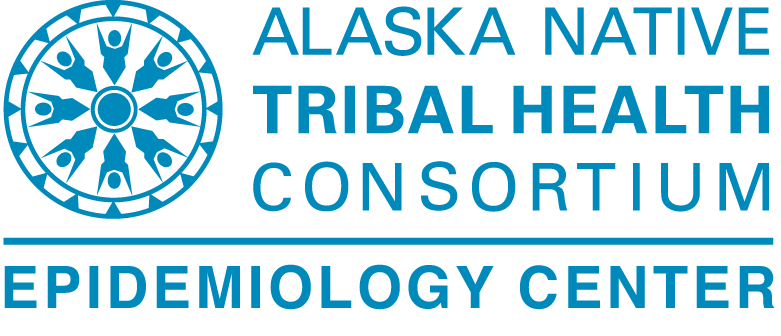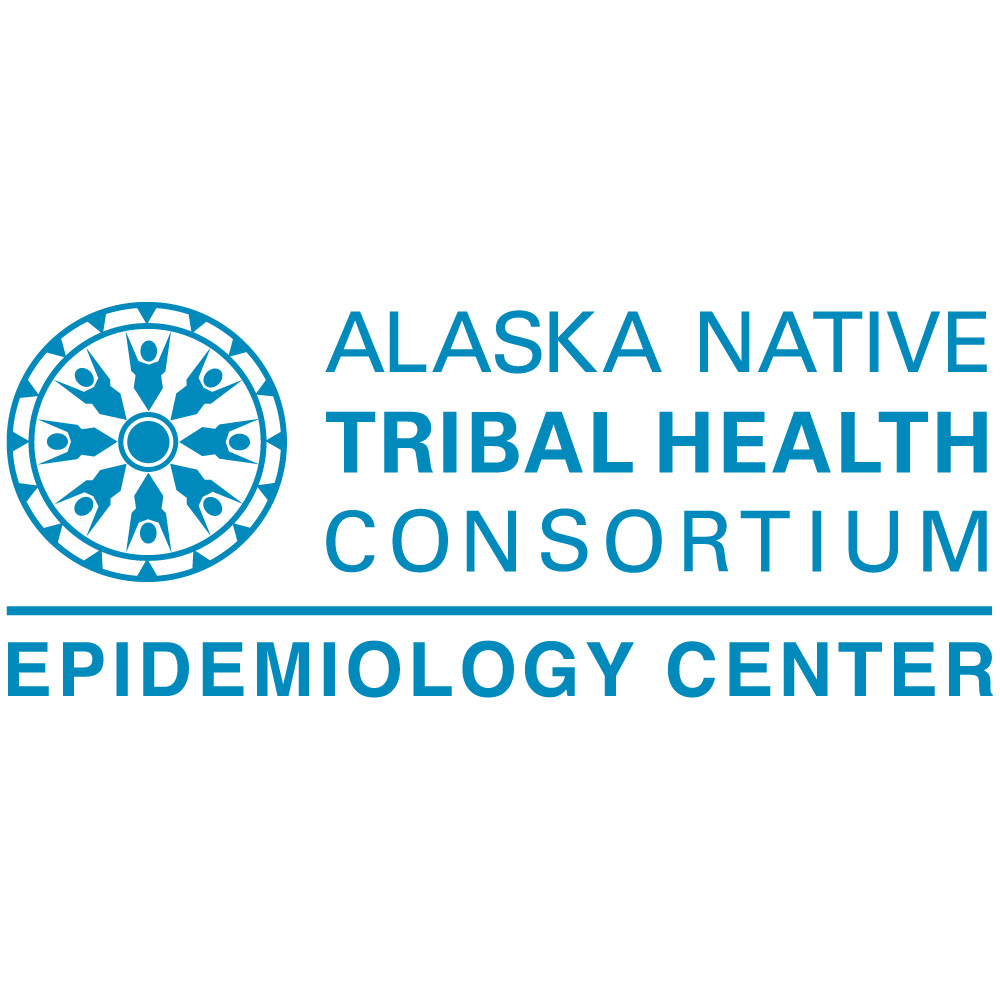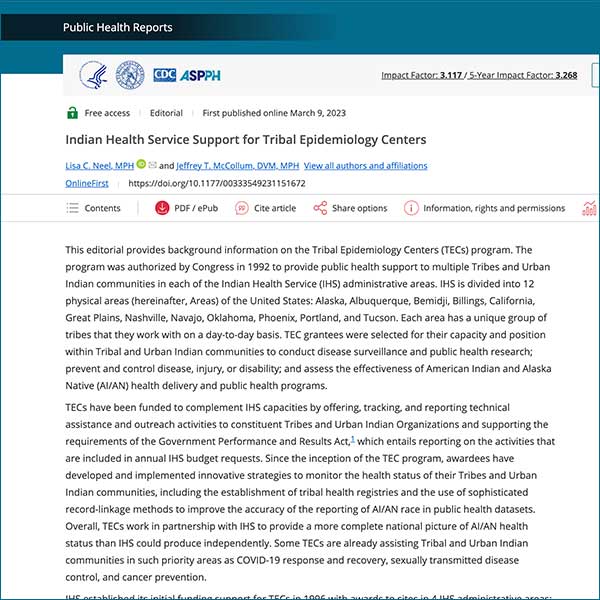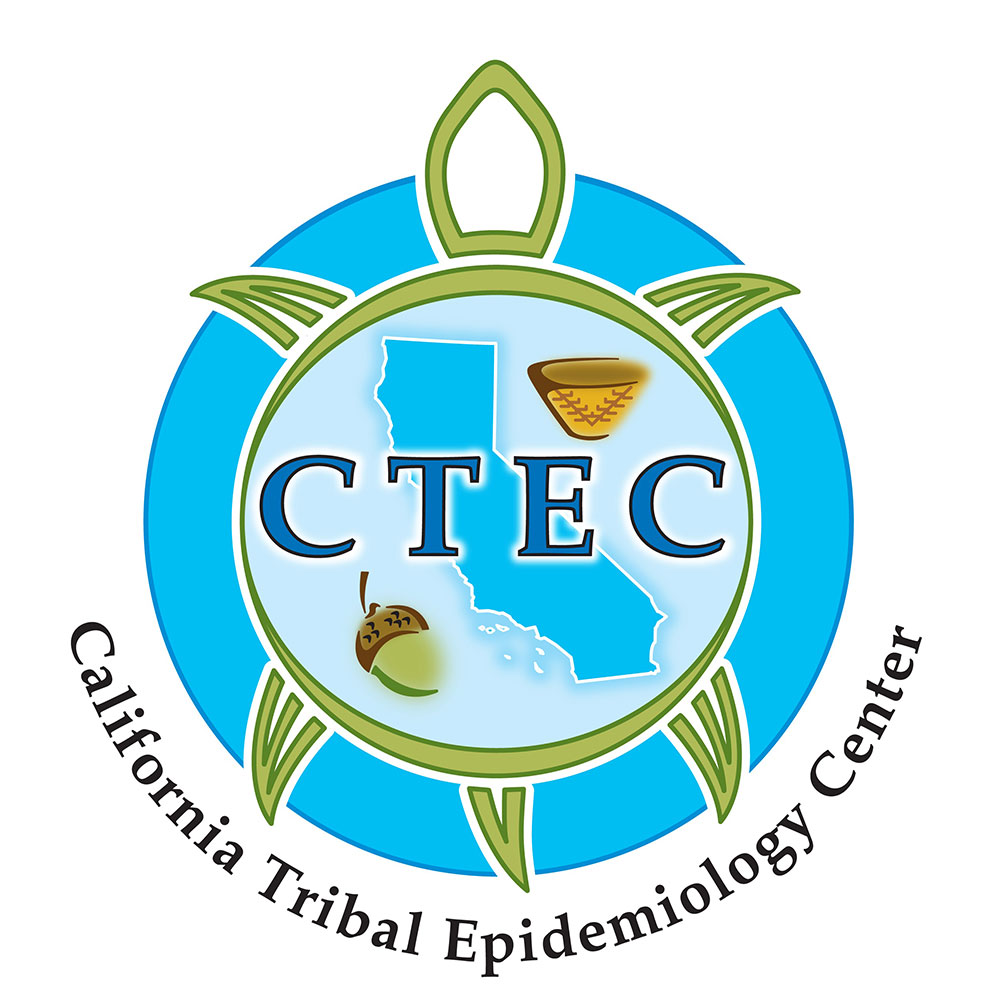
At a Glance
Historical trauma among American Indian and Alaska Natives (AI/AN) can negatively impact health. Tools to assess Adverse Childhood Experiences (ACE) can help healthcare providers intervene earlier to prevent harmful health outcomes. The California Rural Indian Health Board’s Tribal Epidemiology Center (CRIHB CTEC) piloted a Tribal Adverse Childhood Experiences (TACE) tool based on tribal health program data to create a culturally responsive tool for providers to adapt trauma-informed care (TIC) to meet patient needs. The TACE survey was piloted to 526 patients with positive community response.
Challenge
ACE exposure can impact physical and mental health across the lifespan. Increased screening for ACEs early in age helps healthcare providers prevent and treat associated health outcomes. Trauma is not experienced equally and people with higher ACE scores may be at greater risk for substance misuse, risky behaviors, and other poor health outcomes that worsen health disparities. Current ACE screening tools do not account for AI/AN cultural contexts, including the intergenerational impacts of historical trauma stemming from colonialism, displacement from ancestral lands, forced cultural assimilation, and more. ACE tools also do not account for protective factors that mediate associated health outcomes, resulting in incomplete representations of trauma and health among AI/AN communities.
Approach
CRIHB CTEC wanted to understand unique experiences of trauma and resilience in California AI/AN communities served by three pilot tribal healthcare programs. The original ACE screening tool was adapted to incorporate key informant interview data from tribal healthcare providers on how TIC and trauma assessment tools can be adapted to Indigenous communities. The TACE tool was piloted to patients and providers at the three sites and later validated through a data and action approach for future use in tribal healthcare programs. Providers were surveyed on culturally responsive TIC and findings informed tailored TIC interventions towards providers based on their individual communities’ needs.
Results
The TACE survey included the original 10 questions from the ACE assessment and additional indicators measuring resiliency, chronic stress, and cultural connection. Over 275 tribal health program staff were reached by the TIC survey and associated interventions. 526 total patients were surveyed on TACEs, with over 170 reached through community engagement processes. Project staff identified that participants with higher TACE scores were more likely to find comfort in their religious or spiritual beliefs and higher TACE scores were associated with greater intergenerational connection. The impact and positive community response of this project show its potential to impact Indigenous communities across the United States by effectively identifying and addressing trauma to improve health.

